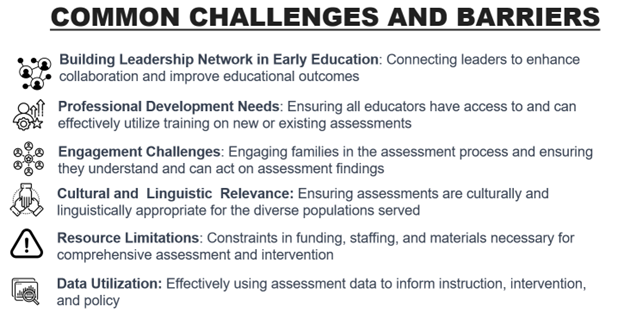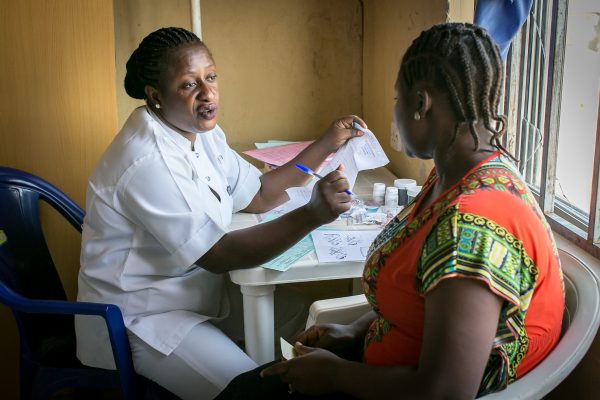
High-quality early learning has been repeatedly shown to drive long-lasting educational and life outcomes for children, including an increase in college completion rates and reductions in poverty and the use of public assistance. However, despite bipartisan support for Pre-K and broad understanding of the essential inputs for a high-quality early education classroom, these components are not widely available, adopted, and implemented at scale. The Early Learning Team at the Bill & Melinda Gates Foundation has a north star goal of ensuring all children are ready for kindergarten – with a specific focus on children who face the most significant barriers to opportunity, including Black & Latino children, and children from low-income communities. The START Center was engaged to identify the leaders of early learning departments/programs across the U.S., especially for public school districts in large urban areas, or in areas predominantly servicing the target population.
The research team sent surveys to 50 early learning leaders and conducted in-depth interviews with 11 leaders. Through interviews, the START team explored the challenges and decision-making criteria of early learning leaders, focusing on assessment selection and data strategies. Teaching Strategies GOLD is the most common student-level assessment, but is challenged by being labor-intensive, difficulty in data disaggregation, and instructional shifts. The primary challenges with data were an overall inability to analyze data in a timely manner to make substantive adjustments, which is tied to the twin problem of rudimentary technology being used to store and analyze data. Much data remains underutilized despite being captured. A key takeaway from these interviews was the potential for a network to enhance leadership through peer collaboration. The team recommended establishing an early learning network for better collaboration, advocating for equity-focused development programs, and promoting family and community engagement to support children's holistic development.







